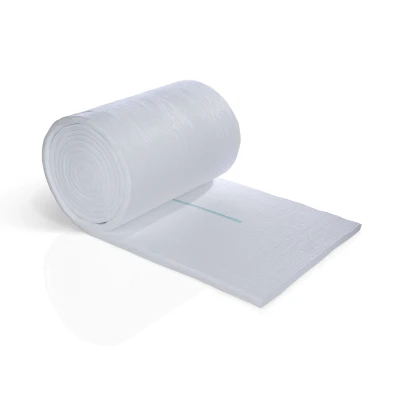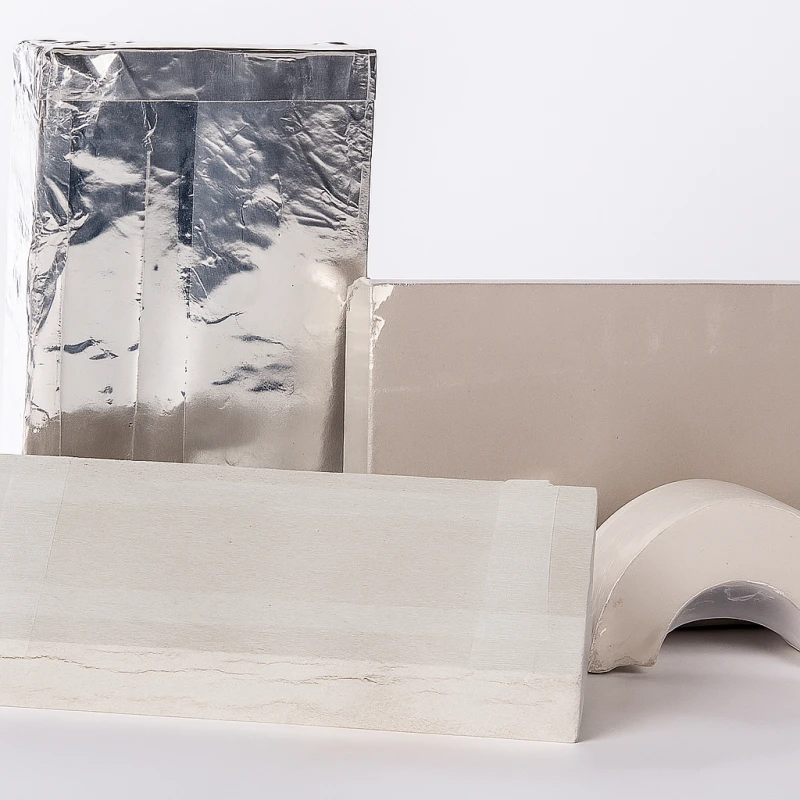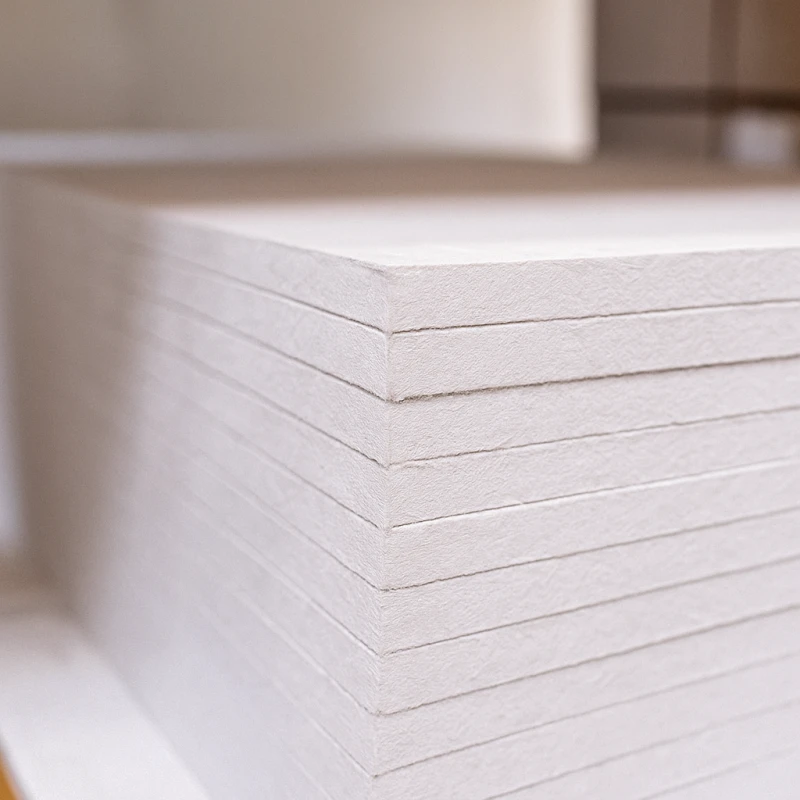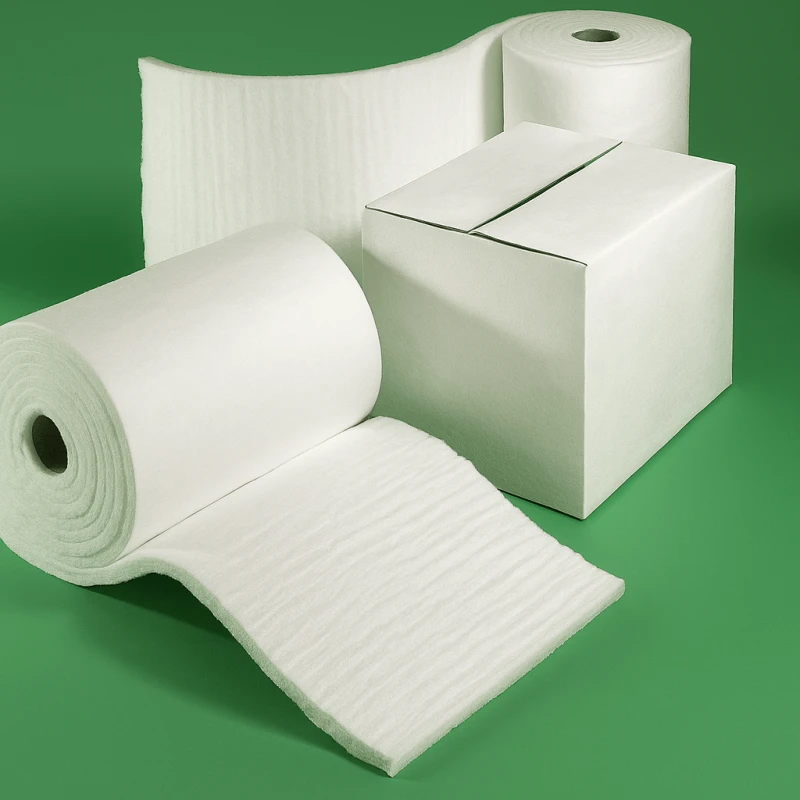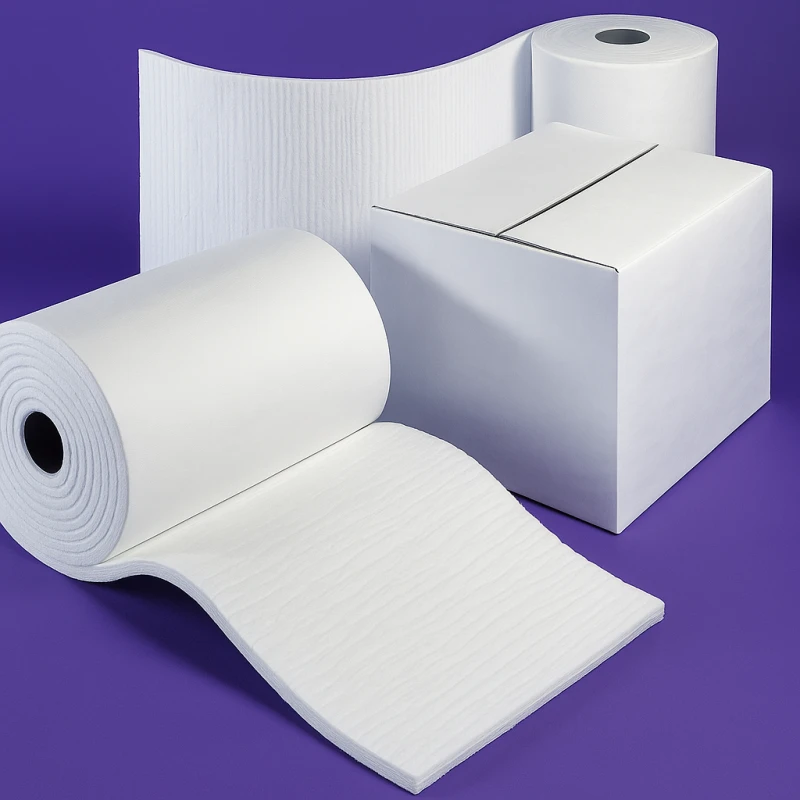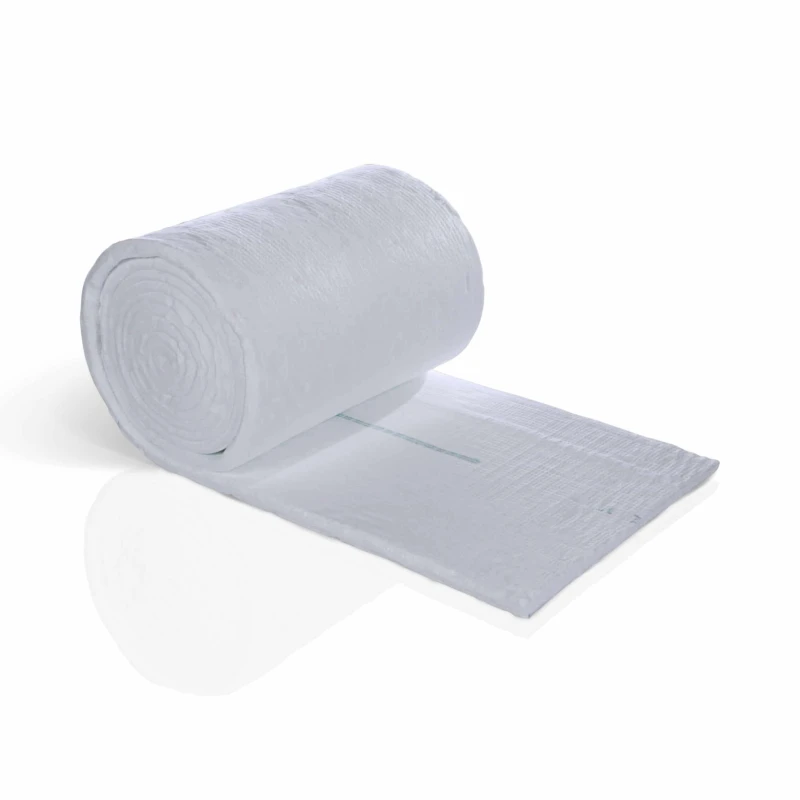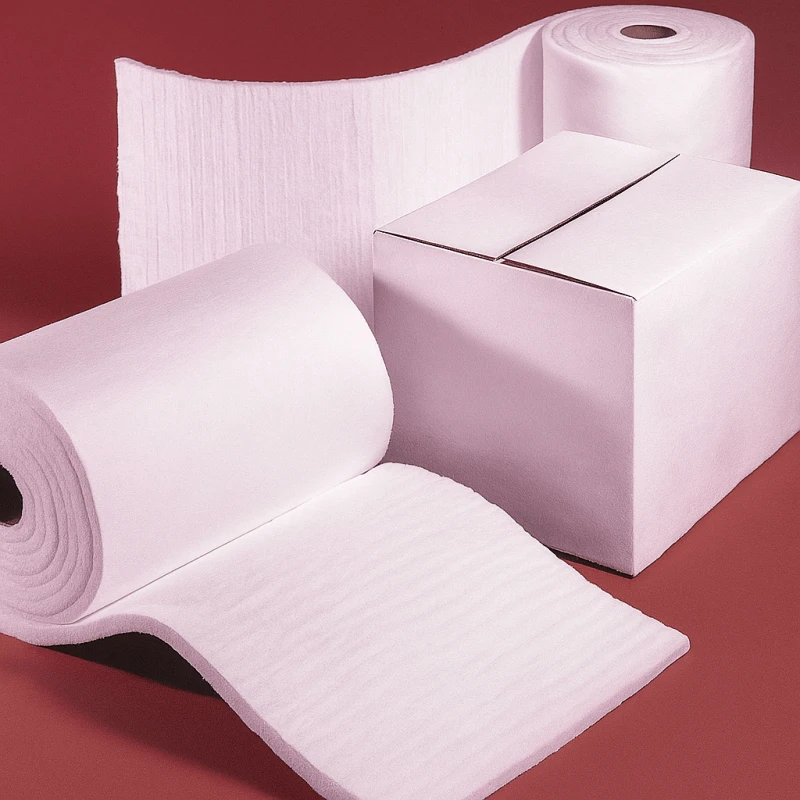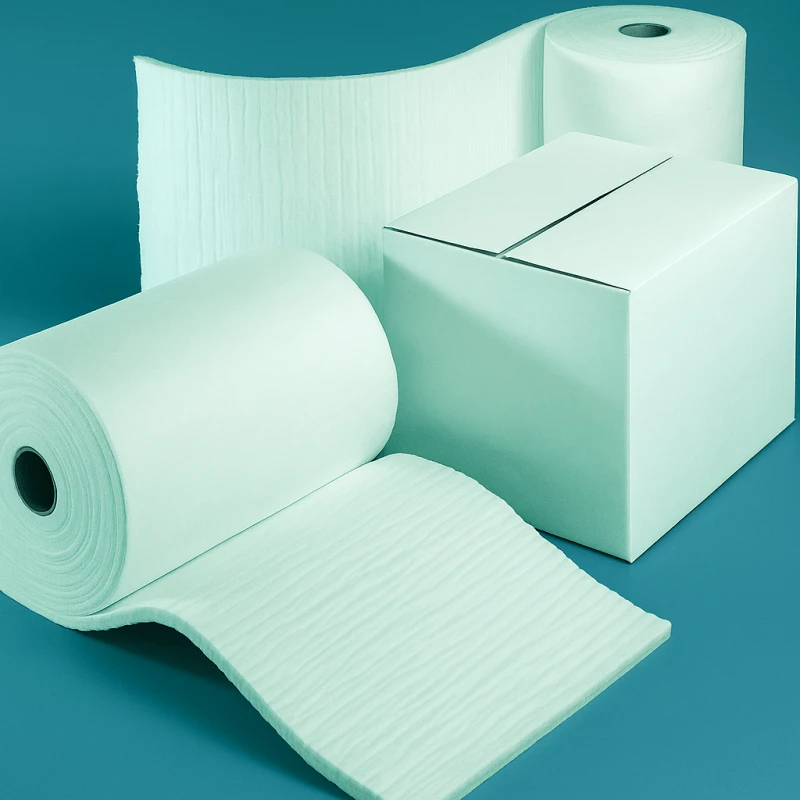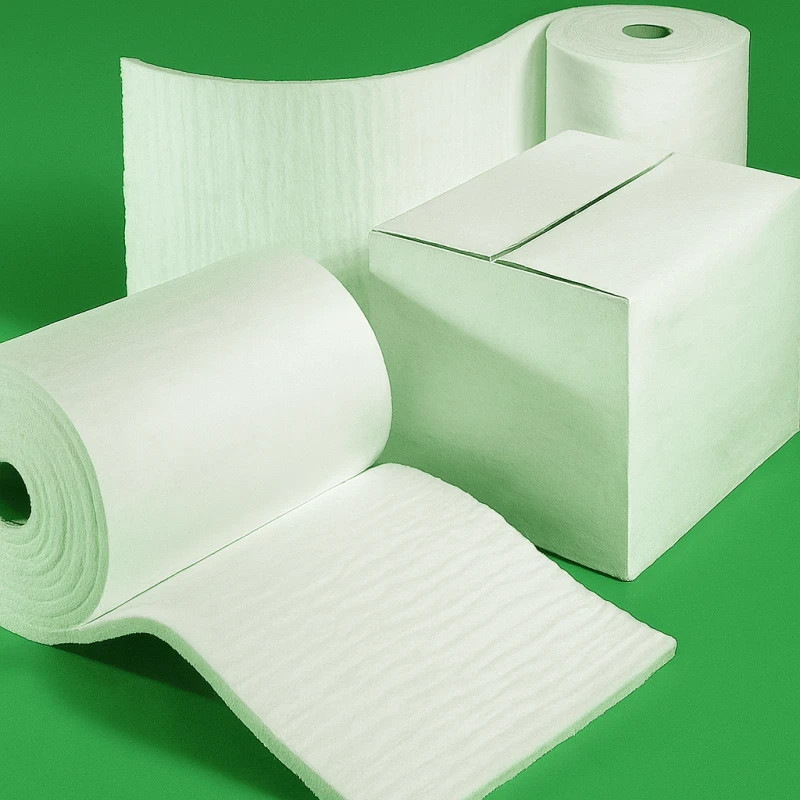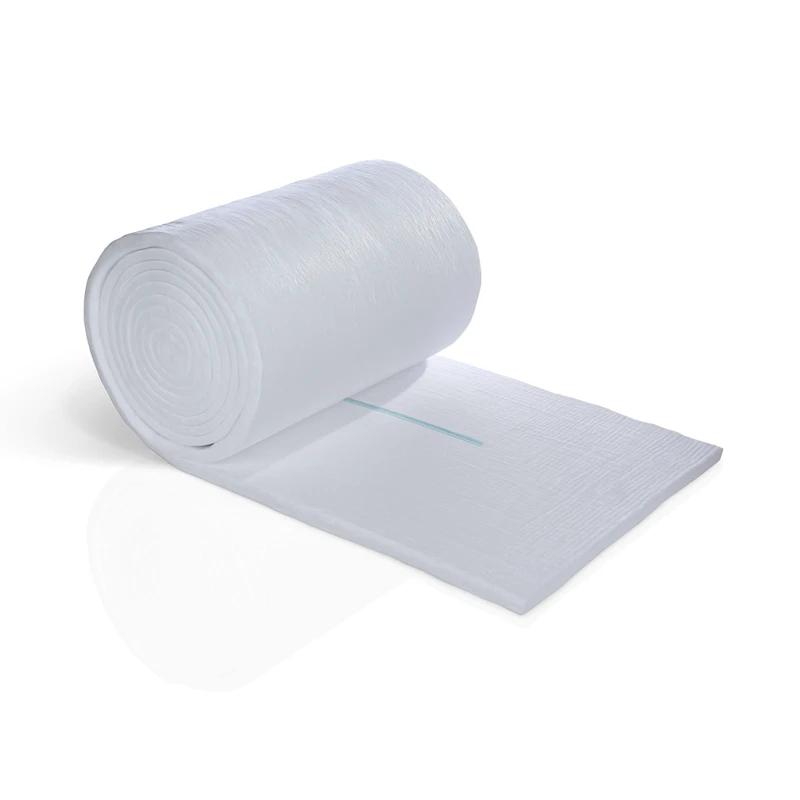
Cerablanket™ | Ceramic Fibre Mats
Cerablanket™ is a premium, needled ceramic fiber blanket manufactured from spun fibers (Cerafiber™).
It provides outstanding thermal insulation, high tensile strength, and exceptional chemical stability — suitable for continuous service up to 1177 °C and classification temperatures up to 1315 °C.
- Thickness (mm)
- 6mm | 10 mm | 13mm | 19mm | 25mm | 38mm | 50mm
- Density / volume weight (kg / m³)
- 64 kg / m³ | 96 kg / m³ | 128 kg / m³ | 160 kg / m³
-
Strength
Excellent handling / processing strength.
Heat resistance
Resistance to temperature changes & resistance to chemicals.
THERMAL CONDUCTIVITY
Low thermal conductivity & heat storage.
Key Features & Advantages
High temperature resistance up to 1315 °C
Low thermal conductivity and excellent heat storage capacity
High tensile strength & resilience, even after exposure to heat
Chemically inert & fireproof – no smoke or fumes when heated
Available in multiple densities and thicknesses
Excellent acoustic absorption properties
Thermal shock resistance and flexibility during installation
Material Description
Cerablanket™ blankets are lightweight, needled insulation mats made from high-purity alumino-silicate ceramic fibers (RCF/ASW).
They are completely inorganic, non-combustible, and maintain stability even under extreme thermal cycling.These materials are suitable for industrial furnaces, kilns, and process equipment where reliable, long-term insulation is critical.
Applications
Cerablanket™ is designed for use in a wide range of high-temperature industrial applications, including:
Furnace and kiln linings
Chimneys, flues, incinerators, and reformers
Process heaters, turbines, and exhaust ducts
Boilers, catalytic reactors, and chemical process units
Acoustic and thermal insulation systems
Fire protection and heat shielding
TECHNICAL DETAILS
Chemical Analysis
Al2O3 46,0 % SiO2 54,0 % ZrO2 - Others Traces Physical Properties
Colour White Classification Temperature (°C) 1315 Operating Temperature (°C) 1177 Specific Heat capacity (Kj/kg*K) 1,13 linear shrinkage (% after 24h)
1000 °C 1,5 1100 °C 2,2 1200°C 3,0 Density 64 kg/m³ 96 kg/m³ 128 kg/m³ 160 kg/m³ Thermal conductivity at 200°C 0,07 W/m°K 0,06 W/m°K 0,06 W/m°K - 400°C 0,12 W/m°K 0,11 W/m°K 0,10 W/m°K 0,09 W/m°K 600°C 0,20 W/m°K 0,16 W/m°K 0,15 W/m°K 0,13 W/m°K 800°C 0,30 W/m°K 0,23 W/m°K 0,20 W/m°K 0,18 W/m°K 1000°C 0,43 W/m°K 0,32 W/m°K 0,27 W/m°K 0,25 W/m°K Tensile strength (kPa) 30 70 90 110 Häufig gestellte Fragen (FAQ)
How does Cerablanket™ differ from conventional insulation materials?
It withstands higher temperatures, offers lower thermal conductivity, and remains flexible even after repeated heating cycles.
Is Cerablanket™ moisture-resistant?
Yes – it is chemically stable and non-hygroscopic. However, condensation should be avoided to prevent corrosion on metallic parts.
How is Cerablanket™ cut or installed?
t can be easily cut with industrial scissors or knives.
-
Since 2001, KS Kneissl & Senn Technologie GmbH
has been producing insulation materials and seals for a wide range of applications up to a temperature range of 1600 °C. A diverse range of machinery (CNC 5-axis milling, plotting, punching, sewing, water jet cutting, vacuum forming, etc.) enables us to shape a wide variety of materials for you. The main materials include: glass fibers, aramid fibers, mineral fibers, biosoluble fibers, ceramic fibers, silicate fibers, vermiculite, calcium silicate, microporous materials, elastomers (rubber, silicone, silicone foam, etc.), etc.
The company has been ISO9001 certified since 2009, currently in accordance with the 2015 revision of the standard.



